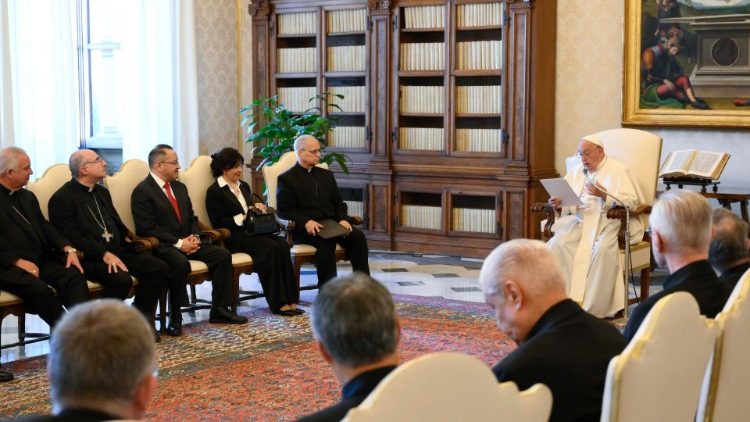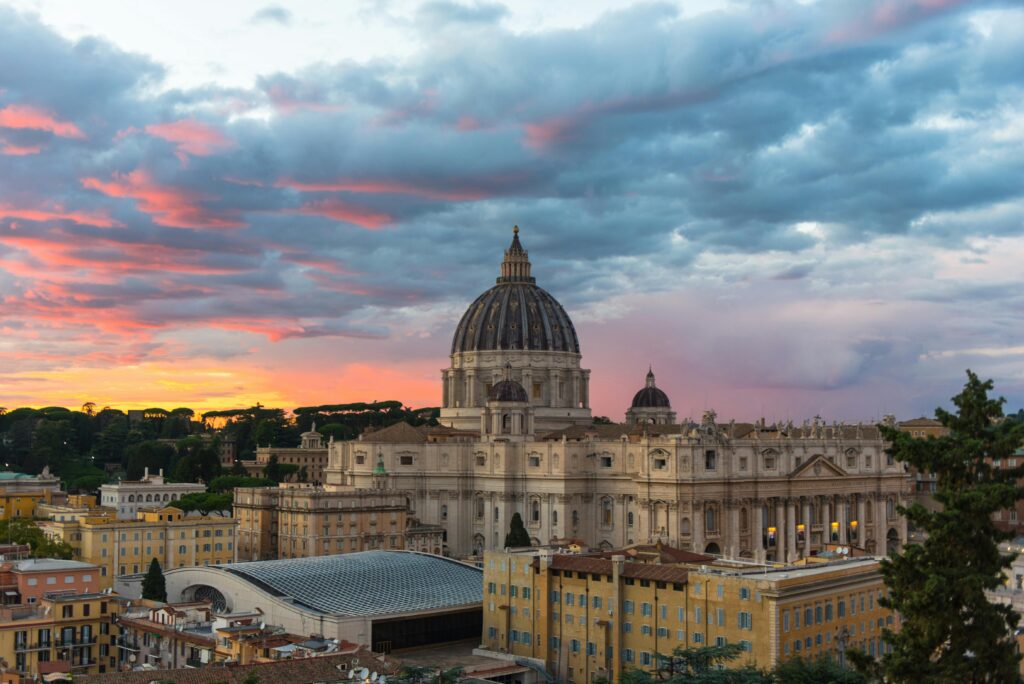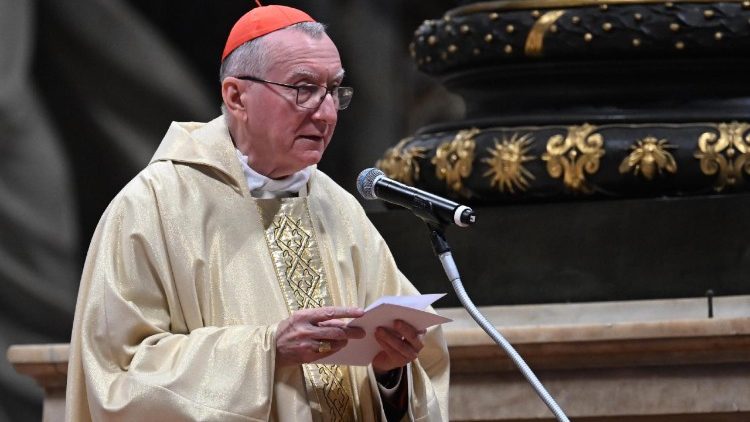Pope Francis: Promote a synodal style of thinking, feeling and doing
On the morning of this Thursday, June 27, the Holy Father received in audience the participants in the Plenary Assembly of the Pontifical Commission for Latin America. The Pontiff encouraged them to actively participate “inviting the people of God to go on pilgrimage and announce the message of hope that the entire region is urged to hear and rediscover.”

The CAL must build bridges of reconciliation, of inclusion, of fraternity! Bridges that allow “walking together” to be not a mere rhetorical expression but an authentic pastoral experience!, with these words Pope Francis encouraged the participants in the Plenary Assembly of the Pontifical Commission for Latin America (CAL), to whom he received in audience on the morning of this Thursday, June 27, in the Vatican Library.
Embrace the synodal reform of the Church
To the members and advisors of the Pontifical Commission for Latin America, the Holy Father told them that the three questions that they will try to answer in these days of the Plenary Assembly are very relevant.
“If we look closely, all of them not only address issues that the current reality forces us to face but are part of the synodal reform that the entire Church must embrace to make the true face of Jesus Christ more and better transparent.”
We are called to a profound renewal
Remembering that the Second Vatican Council has called us to a profound renewal, Pope Francis cited the speeches given by Saint John XXIII and Saint Paul VI at the beginning of the first and second period of the Council’s work. Along these same lines, he recalled the incisive words of Cardinal Ratzinger when he thought about the “true reform” of the Church.
The first spoke of aggiornamento (Saint John XXIII, Address at the opening of the Second Vatican Council, October 11, 1962, 4). The second of “flourishing renewal of the Church” (Saint Paul VI, Address at the opening of the Second Session of the Second Vatican Council, September 29, 1963). Even the Decree on Ecumenism of the Second Vatican Council itself boldly states that “Christ calls the pilgrim Church towards a perennial reform, of which the Church itself, as a human and earthly institution, always has need” (n. 6).
A ‘diakonia’ to experience pastoral care
In this sense, the Holy Father once again proposed to the members of the CAL what he had already told them in his Video Message on the occasion of the Plenary Assembly of the Pontifical Commission for Latin America, on May 27, 2022.
“Through the Constitution Praedicate evangelium I have precisely wanted to collaborate with this ‘ablatio’ to renew the Roman Curia and, among other things, make the CAL a ‘diakonía’ that allows the Church in Latin America to experience pastoral care and the affection of the Successor of Peter.”
Promote a synodal style of thinking, feeling and doing
However, the CAL is currently not only a case of the renewal of the Roman Curia, stated the Holy Father, but is called to be an active subject that promotes the necessary transformation that we all need, that is, to help with discretion, prudence and effectiveness for us to live synodality, to walk together moved by the Spirit of the Lord in Latin America.
“I mention the words’ discretion, prudence and effectiveness to emphasize that the CAL is not called to replace any actor in Latin American ecclesial life. But she is called to encourage them all, with the simplicity and depth of someone who trusts more in missionary sending and service than in mere activism. In this way, the CAL must promote with all its interlocutors, both in the Holy See and in the CELAM, the CEAMA, the CLAR and all the ecclesial organizations that directly or indirectly serve the Church in Latin America, a synodal style. to think, to feel and to do.”
Synodality ad intra bears fruits of fraternity ad extra
In this regard, Pope Francis reminds you that, providentially, the CAL and the Church in Latin America can have a source of deep inspiration in Saint Juan Diego. In the most outstanding scenes of the life of Saint Juan Diego, the Pontiff indicates, we can see with simplicity and depth the simultaneous synodality and communion.
This is a beautiful experience of synodal conversion! This same trust also allows him to accept, without complications, the responsibility that the bishop has within the community. The result of this synodal and communion exercise are not only the roses that appear in front of everyone, not only is it the miraculous image printed on the saint’s tilma, but the beginning of a process of fraternal reconciliation between feuding peoples. A process that was never perfect, but which undoubtedly helped the birth of a new reality in Latin America. In other words, synodality ad intra bears fruits of fraternity ad extra.
CAL expression of an authentic pastoral experience
This is for the Holy Father, the inspiring style that the CAL must promote throughout the Latin American region and, when required, even beyond it. Inspire, indicates the Pontiff, not impose. Inspire, motivate and provoke freedom so that each ecclesial and social reality discerns its own path, also following the motions of the Spirit, in communion with the universal Church.
The CAL must build bridges of reconciliation, of inclusion, of fraternity! Bridges that allow “walking together” to be not a mere rhetorical expression but an authentic pastoral experience!
In the Jubilee, may the sanctuaries be places of welcome
Finally, when reminding them that we are now close to the ordinary Jubilee of the year 2025, Pope Francis indicated that, in the bull Spes non confundit, he noted: Through Juan Diego, the Mother of God sent a revolutionary message of hope that still Today he repeats to all the pilgrims and the faithful: “Am I not here, who am your mother?”
“A similar message is engraved in the hearts of so many Marian shrines spread around the world, destinations of numerous pilgrims, who entrust to the Mother of God their concerns, their pains and their hopes. In this Jubilee Year, may shrines be holy places of welcome and privileged spaces to generate hope (n. 24).”
Related

On April 5 and 6, pilgrims from around the world will celebrate the Jubilee for the Sick
Exaudi Staff
04 April, 2025
4 min

Francis is gradually improving: signs of recovery at the Vatican
Exaudi Staff
04 April, 2025
1 min

John Paul II: The Tireless Pilgrim Who Continues to Inspire the World
Exaudi Staff
03 April, 2025
2 min

Pope Francis and Hope: Reflection on Jesus’ Encounter with Zacchaeus
Exaudi Staff
02 April, 2025
2 min
 (EN)
(EN)
 (ES)
(ES)
 (IT)
(IT)

